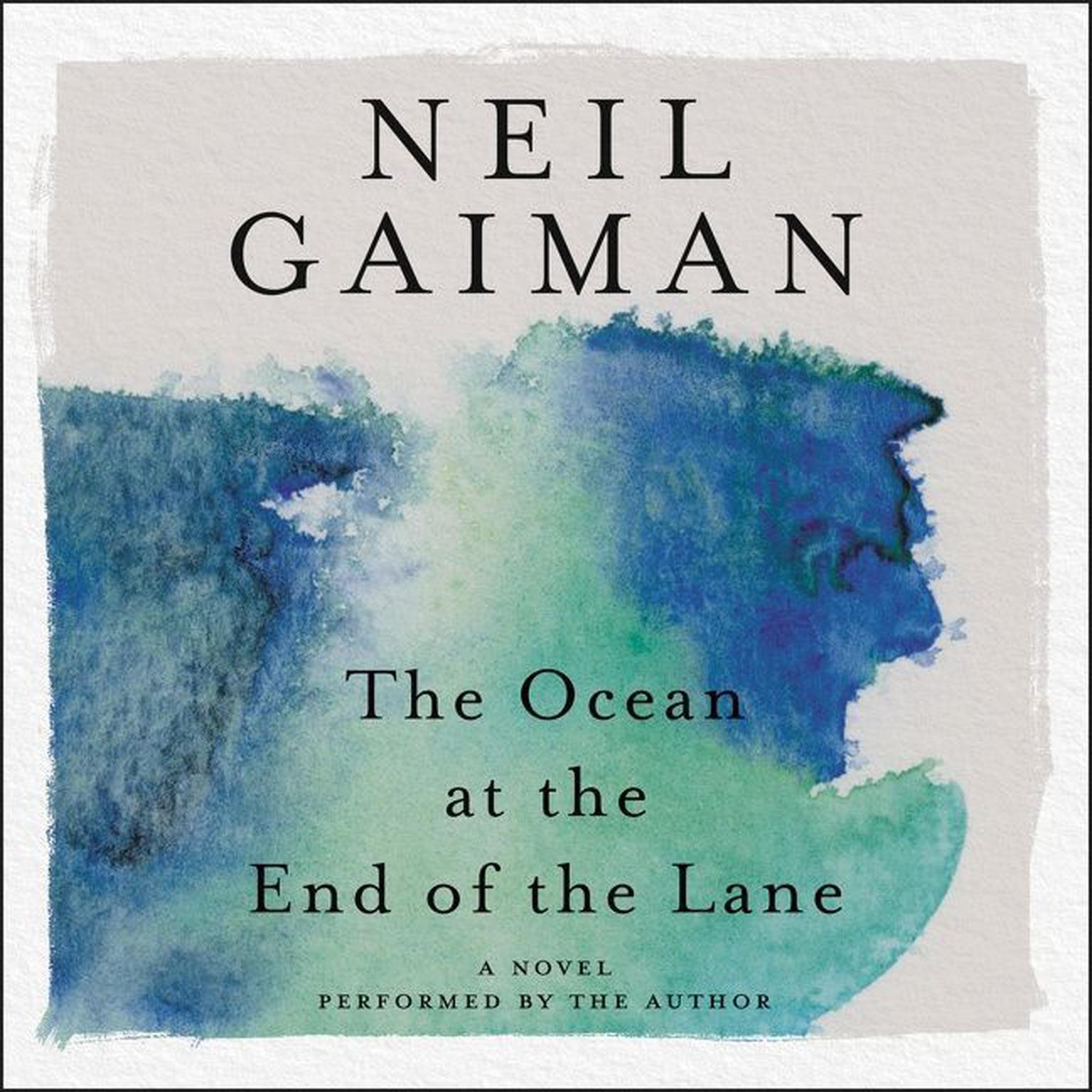
They could have hurt you, child, and it would have meant nothing. The idea that our world is but a grain in the desert. I will take all I want from this world, like a child stuffing its fat little face with blackberries from a bush.ĥ. The idea that giving people what they want is not always best.Įverything here is so weak, little girl. “I dunno what blessed good a man would be! Nothing a man could do around this farm that I can’t do twice as fast and five times as well.”Ĥ. I loved the idea that they have been around since the beginning of time, and were everything the little boy needed comfort, security, good cooks, and miraculous fixers of the things gone wrong. The little boy is what kept me reading the book.ģ. The truth is, there aren’t any grown-ups. Inside, they look just like they always have. Outside, they’re big and thoughtless and they always know what they’re doing. Grown-ups don’t look like grown-ups on the inside either. “I’m going to tell you something important. – Maurice SendakĪre children capable of knowing more than adults? Can they handle fear better than us? But I knew I musn’t let adults know I knew. I remember my own childhood vividly… I knew terrible things. Maurice Sendak’s quote at the beginning of the book. There are, however, several things I did like about it.ġ. It is creative and imaginative, but I felt like I was reading a children’s story containing adult themes. I guess the world of the supernatural is not really my thing.

Most people seemed to have loved this book, but, for me, it was only good, not great. But, I thought maybe I would, since my thoughts might be a bit different from what seems to be the popular opinion. I didn’t know if I would even write my thoughts about it, because I feel sure that everyone and their dog have already read it.

Cathy DillonĬathy Dillon is a former Irish Times journalist.This was my first Neil Gaiman book. The novel is a poignant exploration of painful memories and an intriguing modern fairytale. Gaiman’s prose is deceptively simple, a mix of vividly observed everyday reality. As his home situation deteriorates, he is beset by frightening otherworldly forces bent on destroying not just him, but all that is good. He takes refuge in books and befriends the daughter of an unusual family, the Hempstocks. Gaiman’s endearing child narrator is a lonely boy whose home situation is far from ideal, and who feels alienated at school. But this is no rosy-hued exercise in nostalgia. As it opens, the narrator, now middle-aged, has returned to the place where he grew up for a funeral, and a trip down memory lane ensues.

The dedication to his wife “who wanted to know” and the epigraph, a salient quote about childhood from Maurice Sendak, suggest Gaiman’s fantastical novel is at least in part autobiographical.


 0 kommentar(er)
0 kommentar(er)
